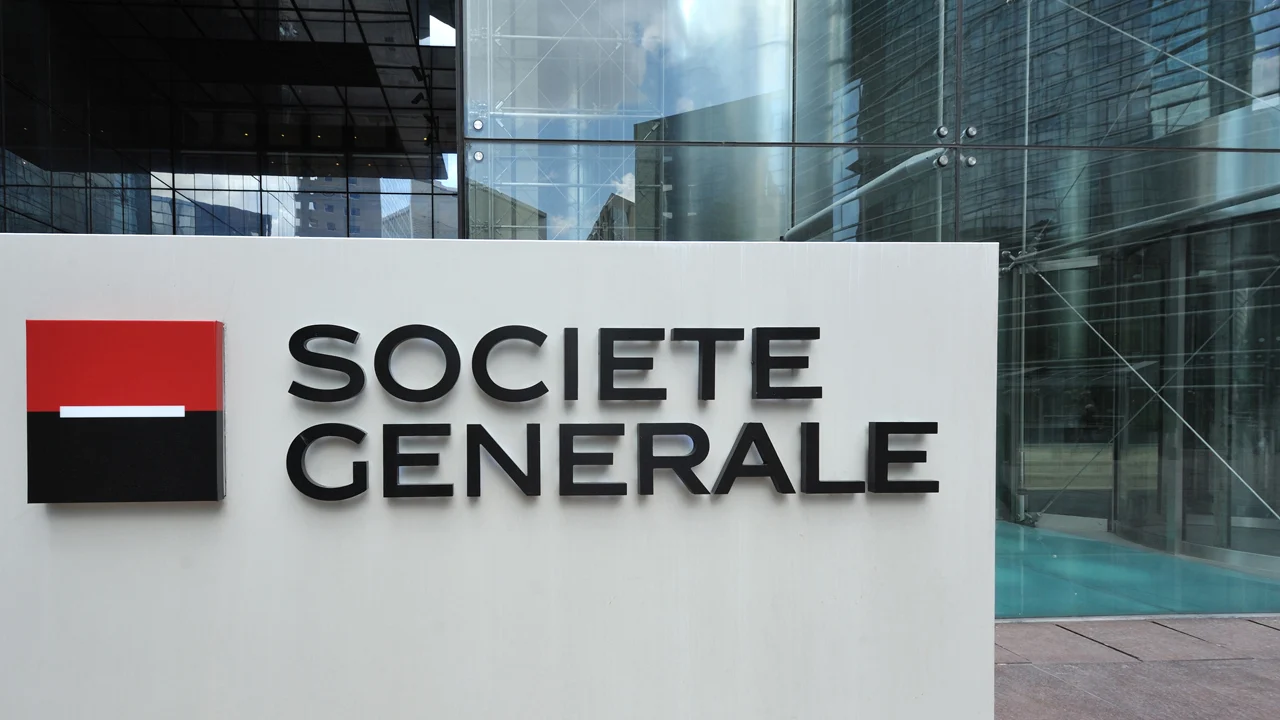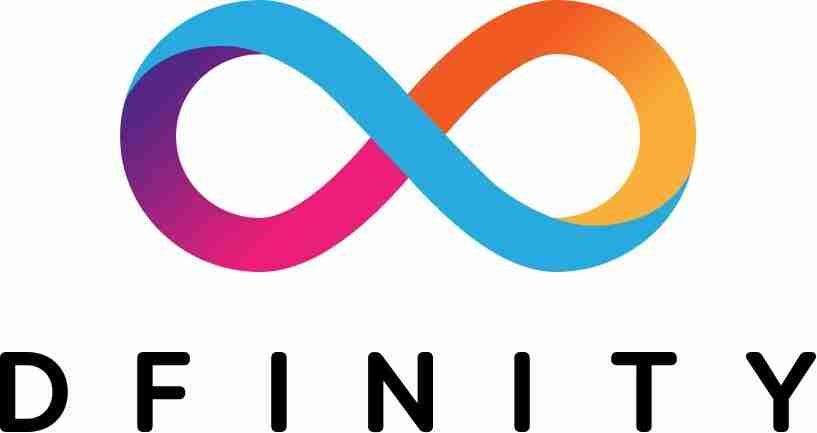Société Générale, France’s third-largest bank, has made a significant move in the realm of digital currencies by launching a euro-pegged stablecoin. This development marks a notable milestone in the financial and technological landscape, offering insights into the growing intersection of traditional banking and the burgeoning world of cryptocurrency.
Société Générale’s Stablecoin Launch
The decision by Société Générale to introduce a stablecoin pegged to the euro reflects the institution’s recognition of the increasing prominence of digital assets in the global economy. This stablecoin, tied to the value of the euro, represents a digital manifestation of a traditional fiat currency, designed to provide stability and security in the volatile realm of cryptocurrencies. Its launch underscores the bank’s commitment to innovation and adaptation to the evolving financial ecosystem.
Significance in the Financial Sector
The introduction of a euro-pegged stablecoin by Société Générale holds several implications for the financial sector.
Enhanced Efficiency:
By leveraging blockchain technology to issue stablecoins, the bank aims to streamline cross-border transactions and simplify payment processes. This efficiency could lead to reduced costs and increased speed in financial operations, benefiting both the bank and its customers.
Market Integration:
Société Générale’s foray into the stablecoin space signals a convergence of traditional banking with the rapidly expanding cryptocurrency market. This move may pave the way for greater collaboration and integration between conventional financial institutions and digital asset platforms.
Regulatory Considerations:
The launch of a stablecoin by a major bank like Société Générale also draws attention to the evolving regulatory landscape surrounding digital currencies. It prompts discussions about how authorities might approach and oversee stablecoins, offering insights into the potential future regulatory frameworks for such assets.
Implications for Cryptocurrency Adoption
Société Générale’s venture into the stablecoin domain contributes to the broader narrative of cryptocurrency adoption and acceptance, as thus:
Mainstream Recognition:
The bank’s initiative lends further legitimacy to digital currencies, positioning them as viable components of the financial mainstream. This acknowledgment from a respected financial institution may foster increased acceptance of cryptocurrencies among traditional investors and consumers.
Stablecoin Popularity:
The launch of a euro-pegged stablecoin by Société Générale aligns with the growing popularity of stablecoins, which are valued for their stability and utility in various financial applications. This move may bolster confidence in stablecoins and prompt further exploration of their potential uses.
Future Prospects and Considerations
Looking ahead, Société Générale’s introduction of a euro-pegged stablecoin raises several intriguing prospects and considerations like:
Global Impact:
The implementation and success of this stablecoin could extend beyond the borders of France, potentially influencing the broader European and global financial landscapes. It may inspire other financial institutions to explore similar initiatives, contributing to the continued evolution of digital currencies.
Risk Management:
As with any digital currency endeavor, risk management and security considerations will be paramount. Société Générale, like other pioneers in the stablecoin space, will need to prioritize robust security measures and risk mitigation strategies to ensure the integrity and stability of its digital asset.
In conclusion, the launch of a euro-pegged stablecoin by Société Générale represents a significant development at the intersection of traditional banking and digital currencies. This move holds implications for the financial sector, cryptocurrency adoption, and future prospects in the evolving landscape of digital assets. As the adoption of stablecoins and other digital currencies continues to grow, the significance of initiatives such as this by renowned financial institutions cannot be overstated.







